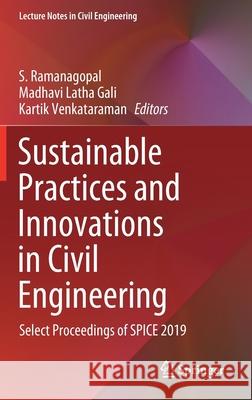Sustainable Practices and Innovations in Civil Engineering: Select Proceedings of Spice 2019 » książka
topmenu
Sustainable Practices and Innovations in Civil Engineering: Select Proceedings of Spice 2019
ISBN-13: 9789811551000 / Angielski / Twarda / 2020 / 357 str.
Sustainable Practices and Innovations in Civil Engineering: Select Proceedings of Spice 2019
ISBN-13: 9789811551000 / Angielski / Twarda / 2020 / 357 str.
cena 885,61
(netto: 843,44 VAT: 5%)
Najniższa cena z 30 dni: 848,19
(netto: 843,44 VAT: 5%)
Najniższa cena z 30 dni: 848,19
Termin realizacji zamówienia:
ok. 16-18 dni roboczych.
ok. 16-18 dni roboczych.
Darmowa dostawa!
Kategorie:
Kategorie BISAC:
Wydawca:
Springer
Seria wydawnicza:
Język:
Angielski
ISBN-13:
9789811551000
Rok wydania:
2020
Wydanie:
2021
Numer serii:
000798671
Ilość stron:
357
Waga:
0.69 kg
Wymiary:
23.39 x 15.6 x 2.24
Oprawa:
Twarda
Wolumenów:
01
Dodatkowe informacje:
Wydanie ilustrowane











